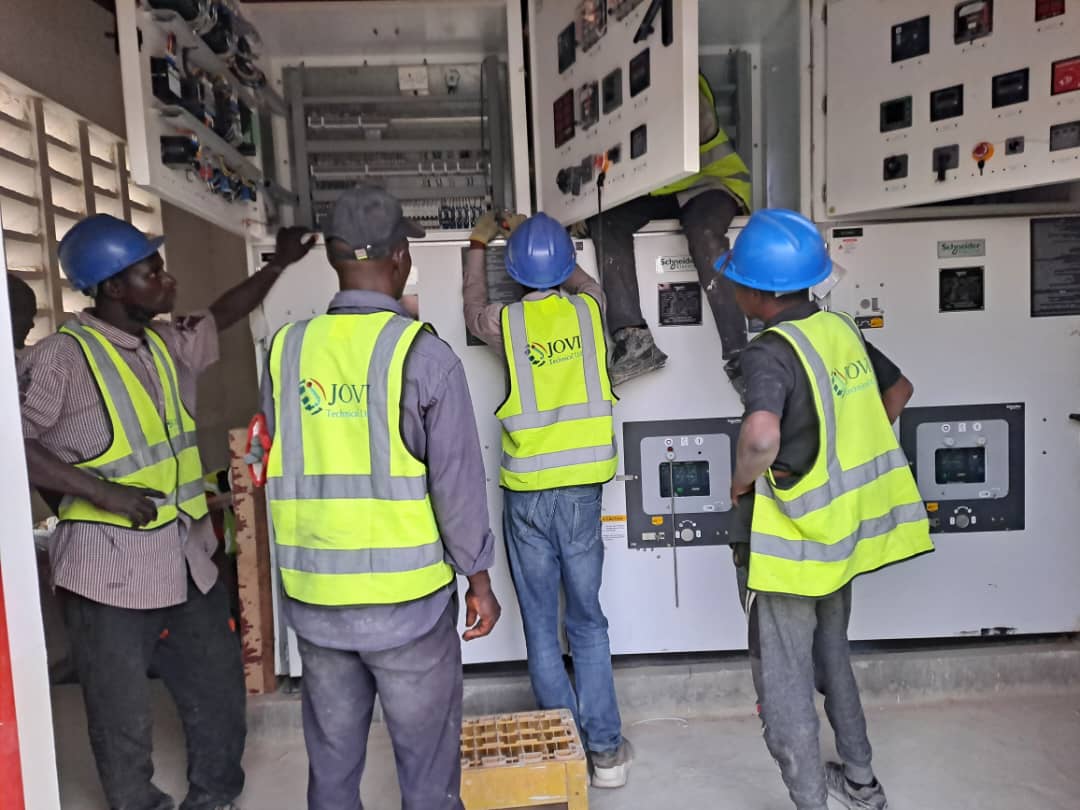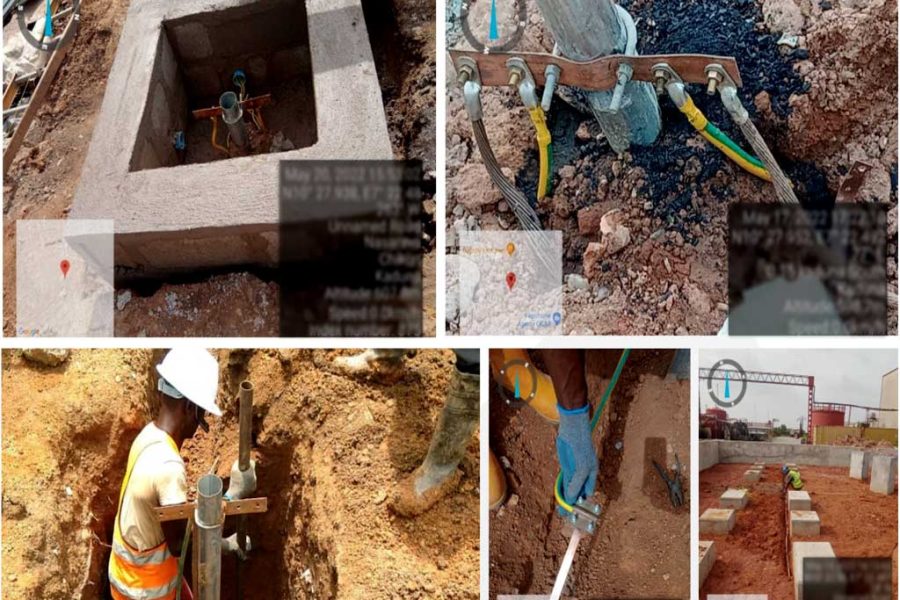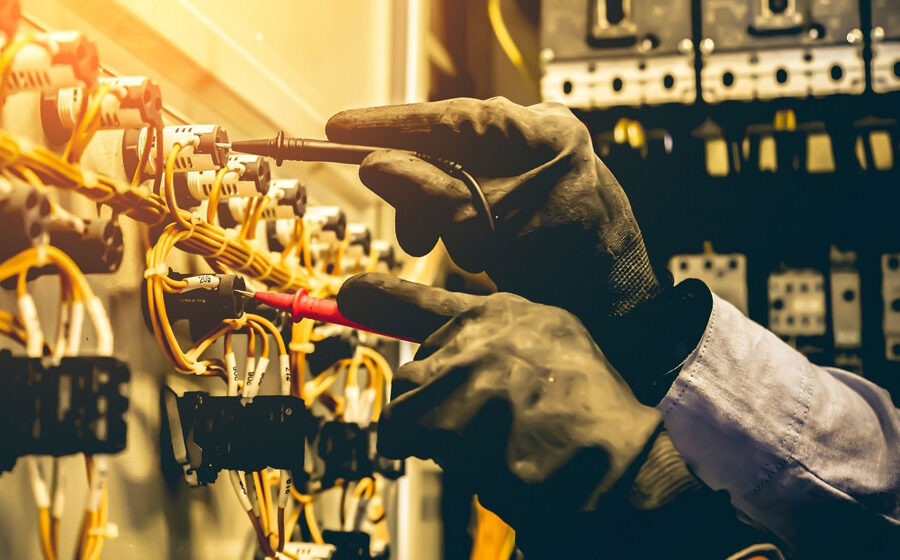Industrial automation is revolutionizing the way industries operate, enhancing efficiency, and significantly improving productivity. From manufacturing plants to power stations, automation technologies are streamlining processes, reducing human error, and minimizing operational costs.
What is Industrial Automation?
Industrial automation refers to the use of control systems such as programmable logic controllers (PLCs), robotics, and supervisory control and data acquisition (SCADA) systems to operate machinery and industrial processes with minimal human intervention. This shift from manual to automated operations enables companies to increase throughput, maintain quality, and ensure safety in production environments.
Benefits of Industrial Automation
- Increased Efficiency: Automated systems work faster and with greater precision than human operators, reducing delays and inefficiencies.
- Enhanced Safety: Automation reduces the risk of workplace accidents by minimizing human interaction with dangerous machinery and hazardous environments.
- Cost Reduction: While initial investment in automation may be high, it leads to long-term savings in labor costs, reduced waste, and optimized energy consumption.
- Consistent Quality: Automated systems maintain uniformity and accuracy in production, ensuring high-quality output.
Future Trends in Industrial Automation
The integration of artificial intelligence (AI) and the Internet of Things (IoT) in automation is paving the way for smart factories. Predictive maintenance, real-time monitoring, and AI-driven decision-making are shaping the future of industrial automation, making operations even more efficient.
Industries that embrace automation are set to remain competitive, agile, and resilient in an increasingly technology-driven world.



